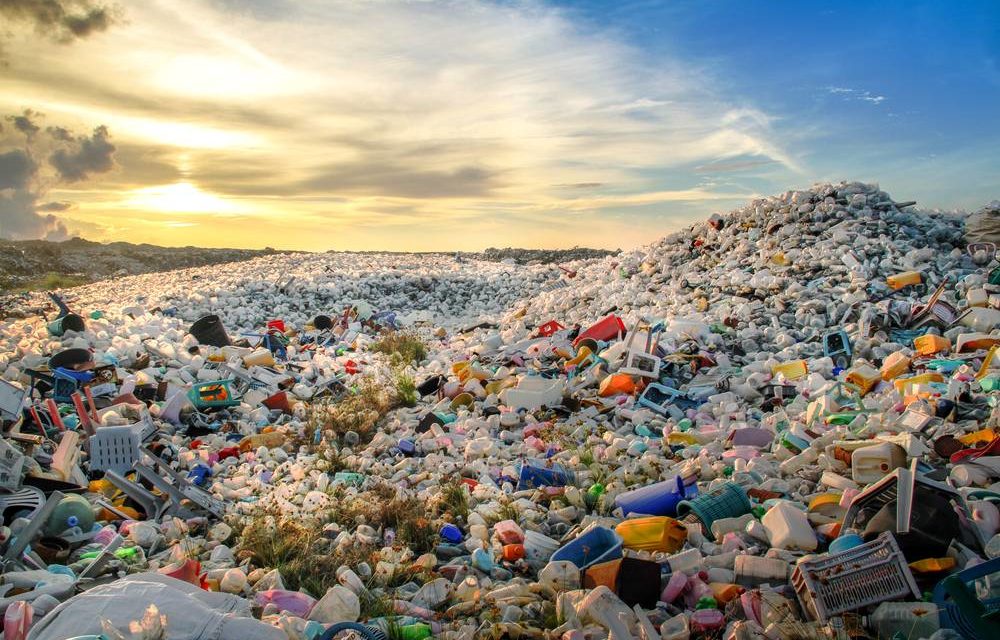The multis avoid the rules with marketing tricks, they try to hide the fact that the majority of the thousands of different plastics cannot be recycled.
A newly published report by the Center for Climate Integrity (CCI) details how the plastics industry has developed marketing tactics to mislead the public and circumvent regulations. According to CCI's report, petrochemical companies, despite knowing that recycling plastics is neither technically nor economically viable, continue to engage in "deceptive" marketing and information campaigns to convince consumers otherwise.
According to the report, with this behavior, companies have stalled reforms that could have been a solution to the problem posed by plastic waste a long time ago.
"Using the false promise of plastic recycling, petrochemical companies have exponentially increased new plastic production over the past six decades, creating and perpetuating the global plastic waste crisis and imposing significant costs on the communities that face the consequences," CCI wrote.
The costs of managing and cleaning up plastic waste are largely borne by local and state governments—thus taxpayers—and those costs are projected to increase exponentially in the coming decades as the amount of plastic waste generated in the United States increases from 73 million tons in 2019 to 2060. expected to increase to more than 140 million tons.
The report points out that more than 99 percent of plastics are produced from fossil fuels. Although there are thousands of different plastics, most of them cannot be recycled.
And despite efforts to convince consumers, the recycling rate of plastic in the United States in 2021 is estimated to be only 5 to 6 percent.
The report reads that after a 10-year study of various plastics, the US Environmental Protection Agency (EPA) concluded that only two types of plastic can be used to make high-quality recycled items: PET and HDPE, which are usually used to make plastic containers and bottles. are used.
This is still true more than 30 years later. In practice, other forms of plastics are incinerated or sent to landfills.
To further complicate the situation, many plastic products are made using different additives and mixing different polymers to take advantage of their different properties. These different materials make these packaging materials unsuitable for recycling in practice. The quality of plastic also deteriorates during recycling, which limits its use.
The toxicity of plastics also creates problems in the recycling process.
Due to the chemical additives in plastics such as stabilizers, plasticizers, coatings, catalysts and flame retardants, as well as other substances in plastics such as detergents and solvents, most plastics cannot be recycled as food packaging or other food contact products.
The costs of recycling plastics are also much higher than the costs of producing new plastic.
"The recycling process—from collection to sorting to processing and shipping—requires more time, labor, and equipment to produce lower-quality and less efficient results than producing new plastics from fossil fuels," the report explains.
This is also why companies are not interested in producing these products when they can sell the new plastics at a higher profit.
While the costs of the recycling process are currently borne by the local administration and state bodies – ultimately the taxpayers – and not by the companies.
According to CCI, petrochemical companies first created and propagated the misconception that plastics can be recycled sustainably.
"Petrochemical companies, independently and through industry trade associations and umbrella organizations, deceive consumers, policy makers and regulatory authorities into believing that the plastic waste crisis can be managed with a series of false solutions," the organization wrote.












